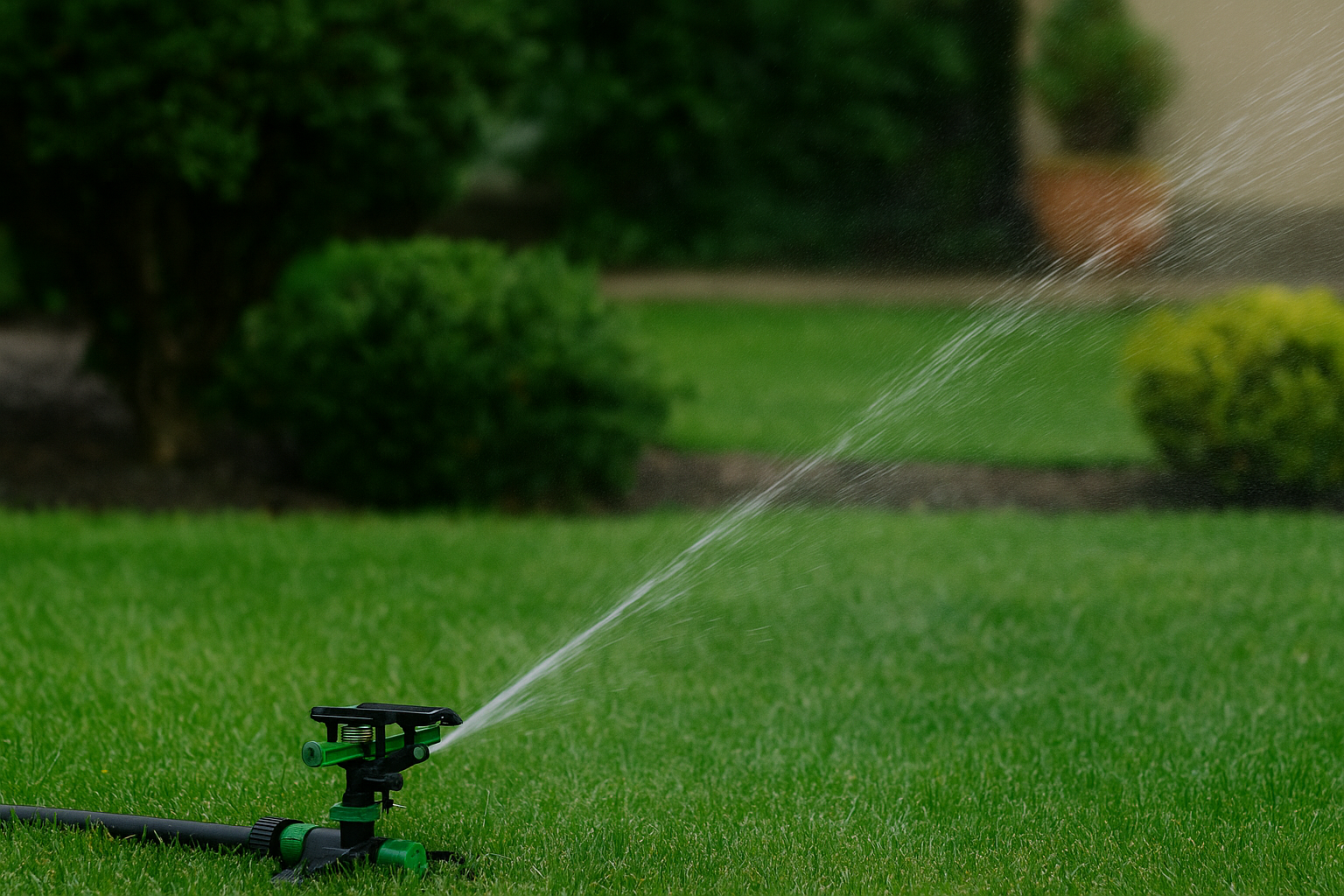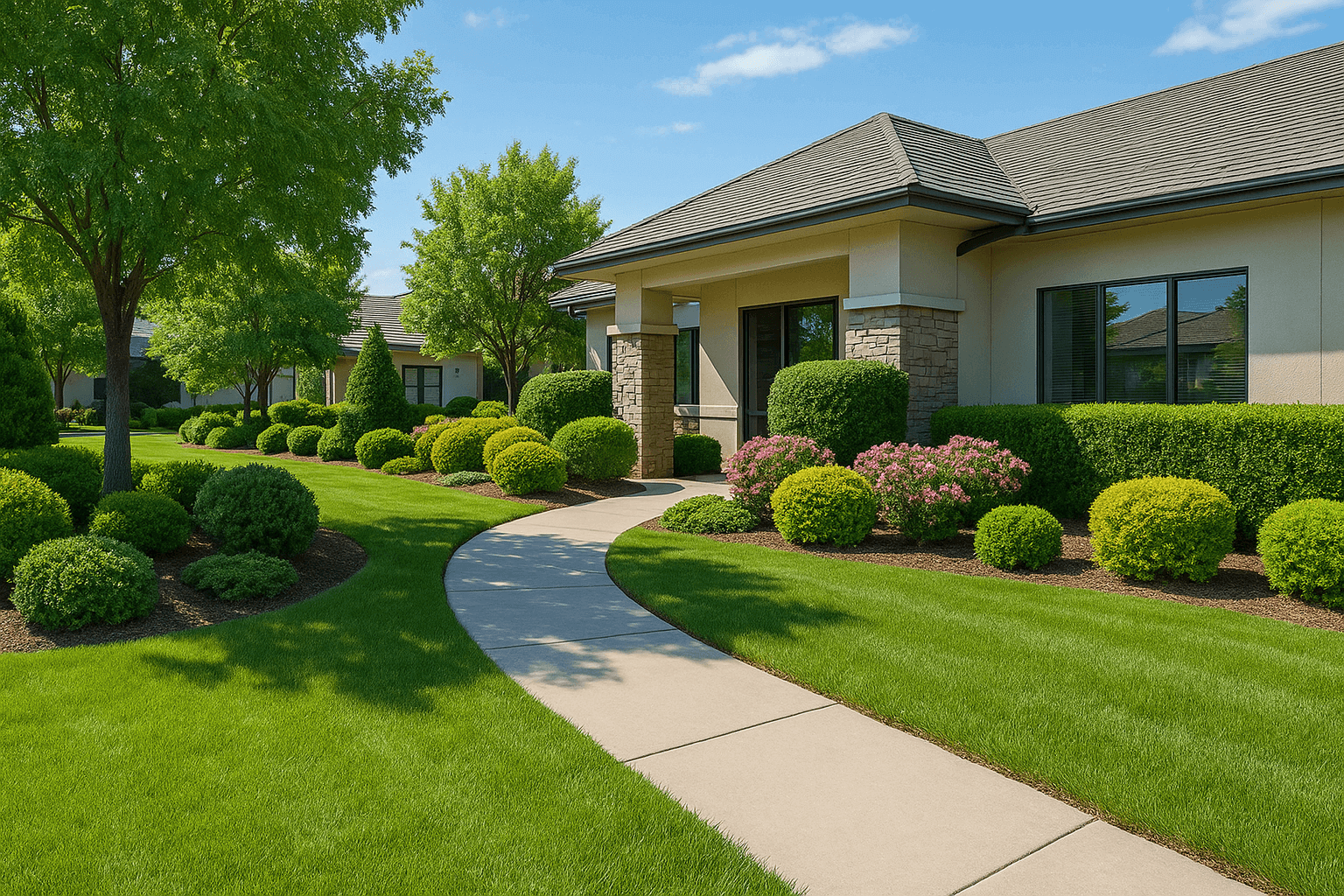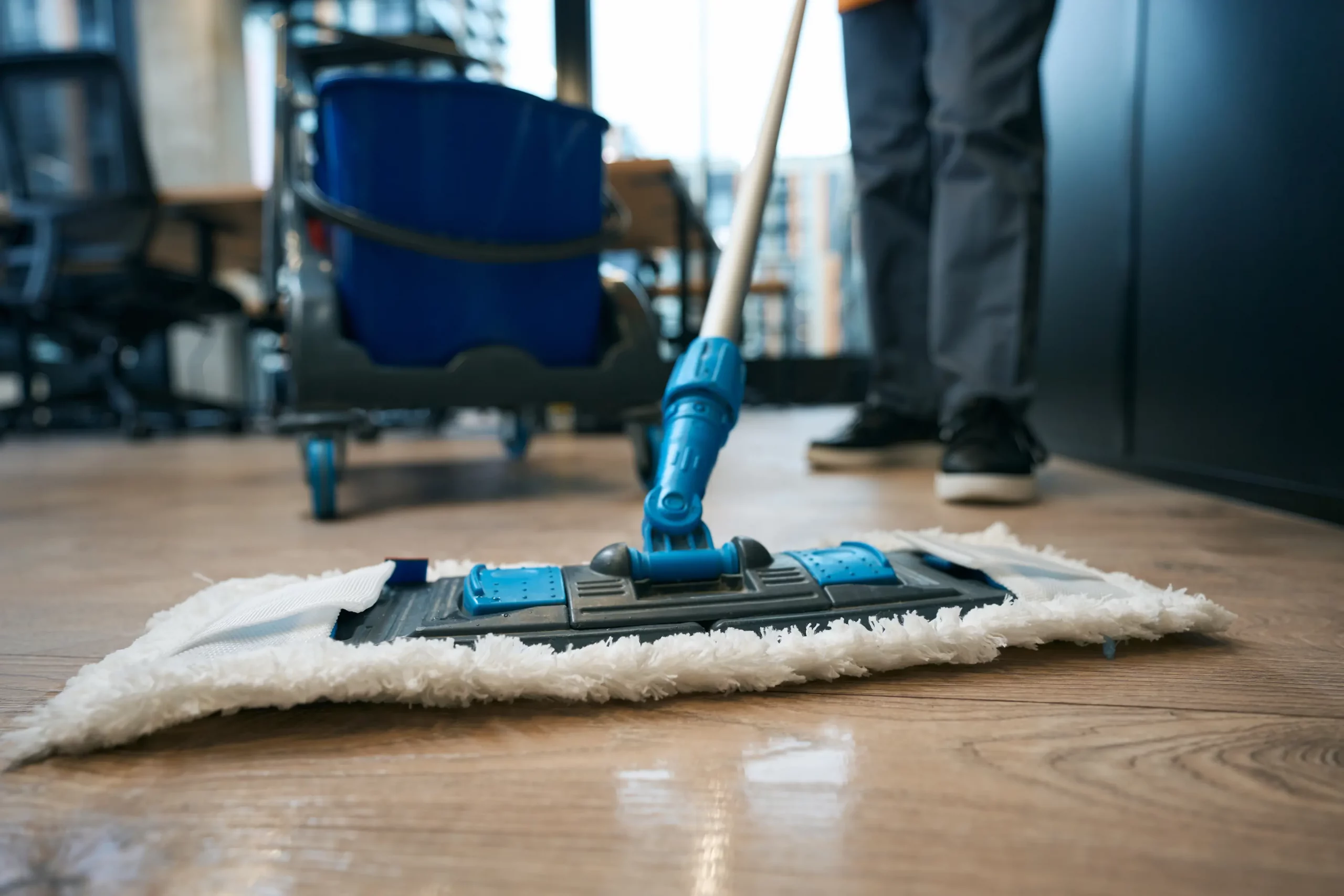Proper watering is essential for a thriving garden and landscape. If you’ve ever wondered when it’s time to water your lawn—or why your plants still wilt after watering—you’re in the right place. In the Chico area, with its hot summers and mixed-climate seasons, a smart watering schedule isn’t just helpful—it’s essential. But many DIY gardeners fall into common watering mistakes, like watering at the wrong time of day, neglecting soil moisture levels, or relying on inefficient sprinklers.
This guide breaks down these key mistakes—from overwatering, and incorrect soil types, to underestimating your root system—and offers practical DIY tips using tools like soil moisture meters, drip irrigation, and soaker hoses. You’ll learn how to water deeply, conserve resources, and keep your landscape thriving, whether you’re hands-on or using an irrigation system.
1. Overwatering: The Silent Plant Killer
Why It’s a Mistake
Overwatering is one of the most common mistakes gardeners make. While it might seem like more water equals healthier plants, the truth is that too much water can suffocate roots, cause rot, and block essential oxygen from reaching the soil.
Signs You’re Overwatering
- Yellowing leaves or mushy roots
- Soil smells bad and feels waterlogged
DIY Fixes:
- Use a soil moisture meter and only water when the soil is dry
- Adjust watering based on plant type and local weather
- Add mulch to retain moisture and reduce the need to water
2. Underwatering: Dehydration Happens Too
Why It Matters
Underwatering is just as harmful as overwatering. It deprives plants of the essential hydration needed for photosynthesis and nutrient absorption, Ignoring them can cause wilting, stunted growth, and make them vulnerable to insects and disease.
Symptoms to Watch For
- Crispy, drooping leaves
- Dry, cracked soil around the base
DIY Fixes:
- Stick to a consistent watering schedule—especially during summer
- Use mulch and soaker hoses to lock in moisture
- Consider switching to drip irrigation for steady, even hydration
3. Watering at the Wrong Time of Day
The Wrong Time = Wasted Water
Timing is everything when it comes to watering. Watering your garden in the heat of the day results in faster evaporation, meaning your plants don’t get the hydration they need. Watering at night can lead to fungal growth and other diseases due to prolonged moisture on leaves and soil.
Best Times to Water:
- Early morning—hydrates before the heat kicks in
- Late afternoon—gives plants moisture without all-night wetness
4. Know Your Soil Types & Drainage
Why Soil Type Counts
Soil type plays a crucial role in water retention. For example, clay soils hold water longer, while sandy soils drain quickly. Failing to account for your soil’s properties can lead to overwatering or underwatering.
Improving Soil Drainage:
- Mix in compost to improve soil structure
- Install simple drainage solutions (e.g., French drains)
- Match your irrigation system to your soil type
5. Using the Wrong Watering Techniques
Avoid Wasting Water
Sprinklers and overhead watering may seem convenient, but they often waste water and leave foliage wet, which can promote fungal diseases.
Better Watering Techniques:
- Install drip irrigation or soaker hoses for direct watering to the root zone, ensuring plants get the moisture they need
- Water deeply but less often to promote a strong root system
- Use moisture sensors or timers to customize your irrigation system
Need help making sure you’re watering your lawn or garden correctly? We can help homeowners and property managers throughout Chico and nearby Butte County communities get the most out of every drop.
Give us a call at (530) 783-7333, email us at sales@insideoutchico.com, or reach out here to schedule a consultation. Let’s make sure you’re getting the most out of every drop.







